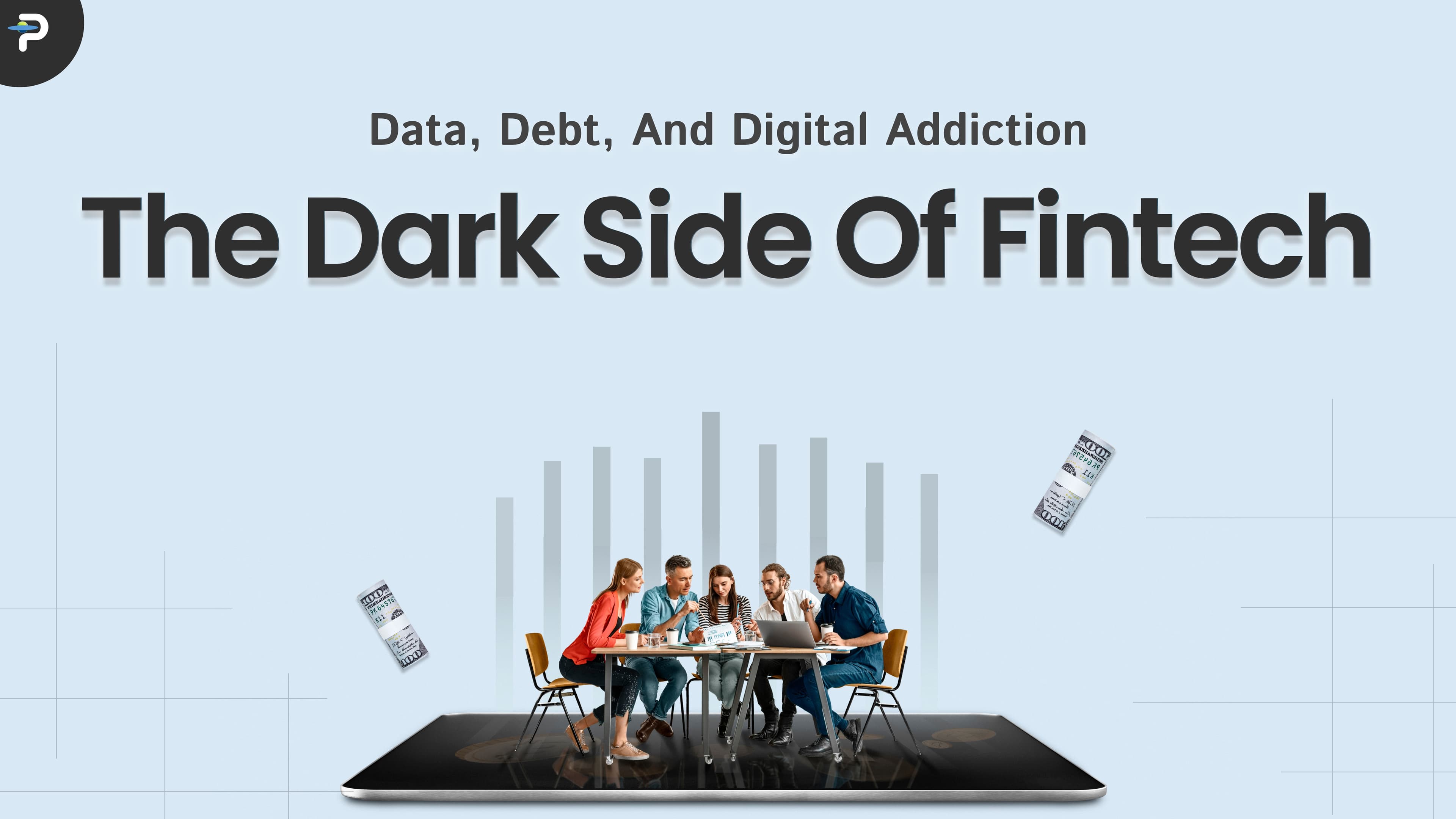Fintech has done something amazing: it’s brought banking, investing and payments right into our pockets. Need to pay your friend for dinner? Done. Want to buy stocks overnight or split a bill? Easy. For many people, especially younger folks or those outside traditional banking systems, this is magic. A real-life upgrade.
When things become effortless, we stop asking simple questions. Should I click? Should I borrow? Should I trade that stock? Because the app said “Go ahead.” The line between “I just made a smart move” and “I just clicked something without thinking” gets blurry.
Think about this: every time you use the app, you’re giving away a little more of yourself. Not just because you tapped “send,” but because you’re sharing your habits, your location, the time you buy things. All the stuff an algorithm eats up quietly.
Then the app does something subtle: it shows you a loan offer “tailored just for you.” Or an invest-now suggestion that lets you feel smart. Meanwhile, your past spending is being used to steer your future spending. It’s your life being nudged.
There was a time when getting a loan felt significant. You went in, filled forms, searched your mind. Today? One swipe = money. “Buy now, pay later” sounds innocent, but I’ve seen it catch folks off guard. You buy something for $300 today, plan to pay $25 a month — but suddenly you’re juggling multiple payments, late fees sprout, and you’re trapped in a cycle.
What seemed like flexibility becomes stress.
Open a trading-platform-app (you might know one), and you’ll see how polished the design is. Charts go up, you win little notifications, the whole vibe reminds you of gaming. It’s clever, because it keeps you engaged.
But if trading or even spending begins to feel like a game, you lose the emotional distance you may need. Gains make you feel good. Losses push you to chase more. That track is exhausting.
One more moment: your phone buzzes. "Your friend just invested in XYZ." Or maybe: “You have an offer waiting.” Suddenly you’re restless, you compare, you wonder if you’re missing out. Money used to be part of life. Now it’s becoming the conversation, the scroll, the ping.
The result? You might feel less in control, more tied in. At home, lying in bed, you’re thinking about a payment. On a walk, you’re tempted by a savvy-looking deal. That kind of constant lets the technology run you.
It’s tempting to say “Well, people should just use this stuff better.” But here’s the honest truth: the design is made to hook you. And the people most vulnerable? Younger folks, anyone without a strong safety net or one mis-step away from financial stress.
When someone with little income gets easy access to high-interest digital credit, they risk getting locked in. Meanwhile someone with more stable money uses the same app for perks and gains. The balance shifts.
Here are a few ideas, not from experts, just from someone who’s watched friends go through the loop:
- Create “cool-off” zones. Before agreeing to a loan or investing impulsively, consider a 24-hour pause.
- Limit the buzz. Turn off alerts like “New offer!” or “Your portfolio changed!” Let finance be quiet, not a constant noise.
- Track your feelings, not just your numbers. Did you feel anxious after that purchase or that trade? Write it down.
- Decide your digital boundaries. Maybe you’ll allow two big app-based purchases a month. Perhaps you’ll skip “buy now pay later” entirely.
- Remember that data is you. Apps use your clicks, your time, your habits. Be conscious of being nudged, not just served.
I’m not suggesting you delete all your apps and go back to paper checks (that’s a fun idea though!). What I am suggesting is this: we treat fintech like the powerful tool it is — and approach it with caution, not blind excitement.
Because when your money is in an app that knows you better than you think, the question isn’t just what you’re doing with your money. It’s how the money is doing you.
Fintech should serve your life, not direct it. Let’s put ourselves back in the driver’s seat.




